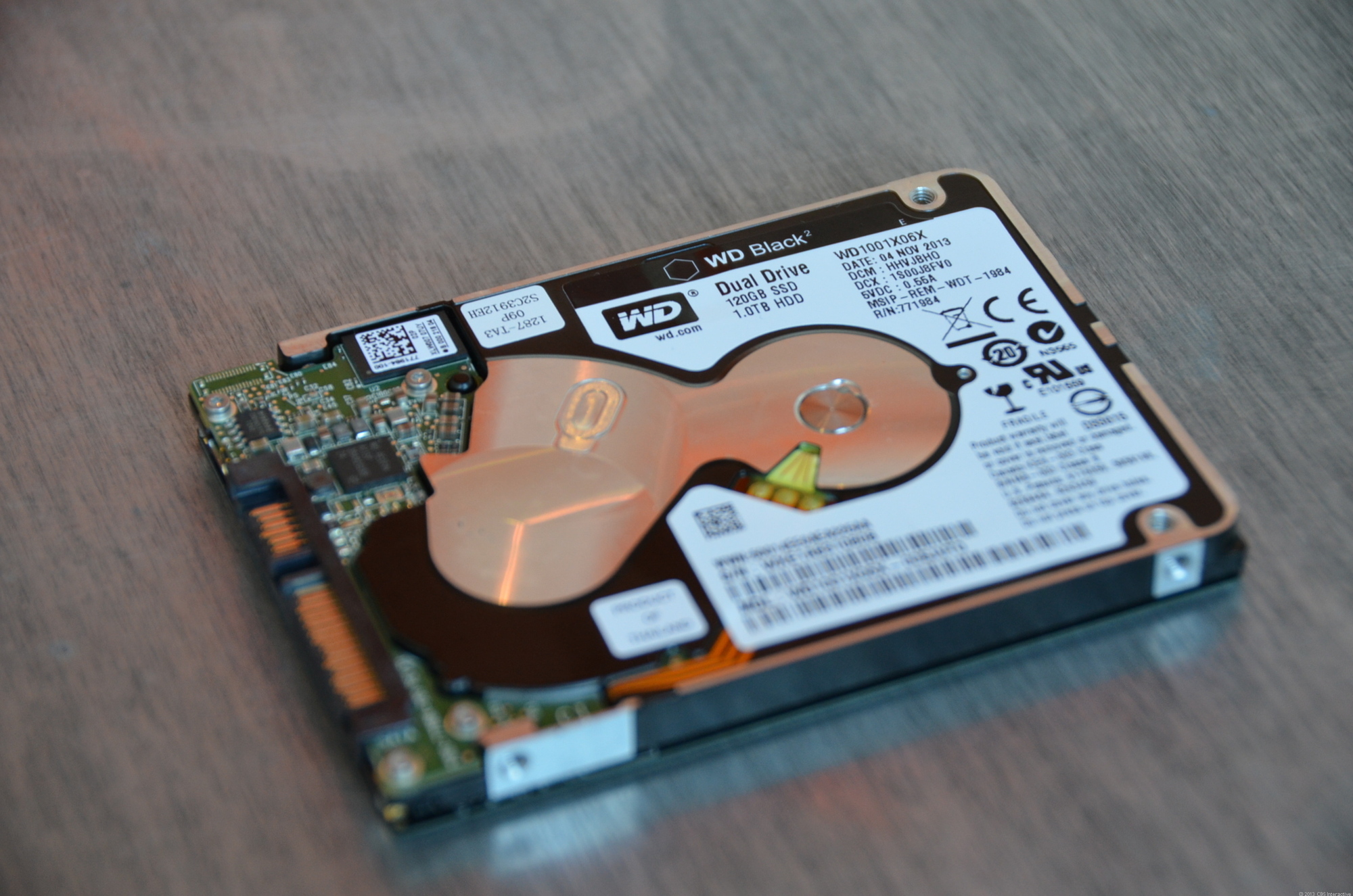So after pricing a 2TB Evo SSD I've realized that large SSD drives are way out of my budget. I have a couple of Seagate Barracuda 320GBs I use for storage that are about 13 years old and nearly full.
Is it worth using a Hybrid drive for storage? If not what is a good brand of "spinner"? I will have a 970 Evo Plus Nvm drive for the OS and games.
Is it worth using a Hybrid drive for storage? If not what is a good brand of "spinner"? I will have a 970 Evo Plus Nvm drive for the OS and games.
![[H]ard|Forum](/styles/hardforum/xenforo/logo_dark.png)
